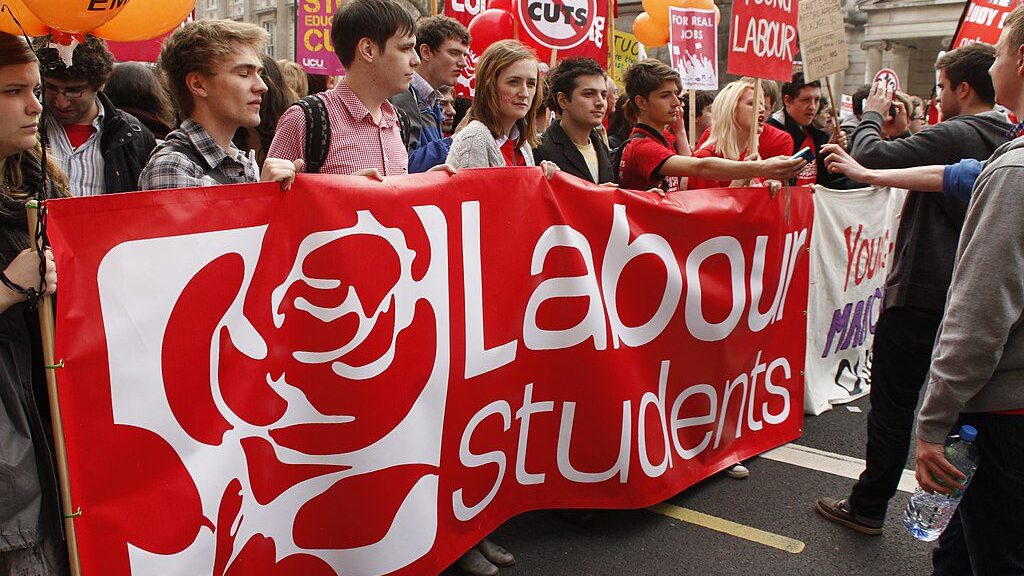
Photo: Weldon Kennedy, CC BY 2.0, via Wikimedia Commons
Supporters of the Republican presidential candidate have accused Britain’s Labour Party of meddling in November’s U.S. election. Donald Trump’s team filed a formal complaint to the Federal Election Commission (FEC)—which oversees U.S. electoral laws—accusing Labour of making “illegal foreign campaign contributions and interference in our elections.”
The former president’s campaign cited the “form of apparent illegal foreign national contributions made by the Labour Party of the UK” which had been “accepted” by Kamala Harris’s campaign. There is no evidence the Labour Party had made any direct financial contributions to the Democratic campaign, something that is prohibited under U.S. law.
Trump lawyer Gary Lawkowski of the Dhillon Law Group filed the official complaint on Monday, October 21st, based on a Washington Post report that strategists “linked to Britain’s Labour Party have been offering advice to Kamala Harris about how to earn back disaffected voters and run a winning campaign from the center left.”
The ‘smoking gun’ in Lawkowski’s claims is a now-deleted LinkedIn post from Sofia Patel, Head of Operations at the Labour Party, saying 100 Labour staff members would be campaigning in U.S. states, with 10 more “spots available” in “battleground” North Carolina. Volunteers were invited to email “labourforkamala@gmail.com” to secure their places.
BOMBSHELL REPORT: England's Labour Party ACTIVELY INTERFERING in the US Presidential election..
— Chuck Callesto (@ChuckCallesto) October 17, 2024
Head of Operations Sofia Patel sending 100 current and former Labour Party staffers to stump for Kamala Harris.
"I’m planning a trip for Labour Party staff to help our friends… pic.twitter.com/U4Wo1A9sQl
London newspaper The Telegraph reported that “Labour activists who want to help with the Harris campaign have been told they will need to pay for their own flights and car hire but that Democrat volunteers would provide accommodation” and that “[a]ny staff intending to travel are expected to book annual leave for the duration of their trip.” These technicalities allowed Keir Starmer to start getting his excuses in (parodied here), suggesting that since such trips are voluntary and self-funded, they don’t constitute election interference in the way that direct funding of the Democrats’ campaign would.
Despite the controversy, Starmer claims that he could still have a good relationship with a victorious Trump administration in the future. However, it is not a good look, given how often Labour officials have sprayed around allegations of Russian political interference, whether in relation to Trump’s 2016 election victory or Brexit.
Meanwhile, sovereigntist European governments—including Georgia, Hungary, and Slovakia—continue to face leftist hostility after adopting their own laws designed to manage foreign agents in domestic politics.
